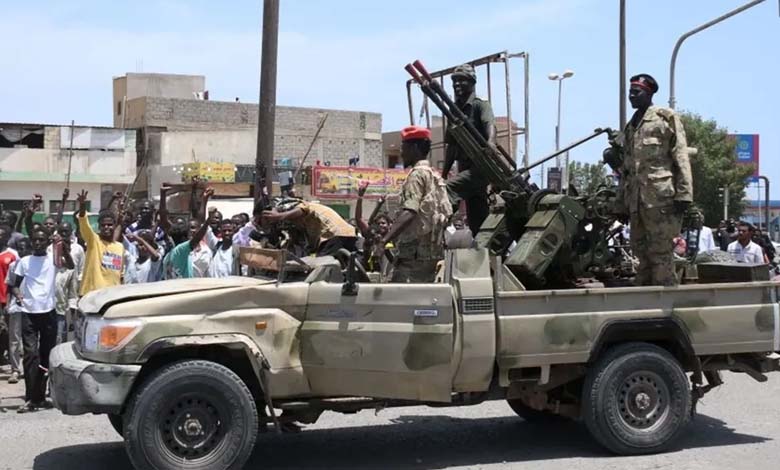Payback: Sudanese Army Mobilizes Against the Muslim Brotherhood

After being sidelined by overthrowing President Omar al-Bashir‘s government in April 2019, the Muslim Brotherhood in Sudan continues its efforts to dominate the political scene and return to power, with the assistance of the Sudanese army mobilizing forces and political organizations against the Brotherhood.
The army is attempting to retaliate against the Muslim Brotherhood by mobilizing civilian forces and parties sympathetic to them to promote the idea of the return of the old guard to power and involve the former regime in governance under the pretext of national cohesion and non-exclusion of others.
In this context, Islamists are seeking to achieve this goal by supporting the measures taken by the army chief on October 25, 2021, when he ousted the transitional government represented by the Forces of Freedom and Change, citing the need for correction and expansion of political participation. They also backed the army in its war against the Rapid Support Forces, according to “Sudan Tribune.”
Despite multiple analyses and interpretations suggesting that the Islamists’ return to power lacks sufficient popularity, they are paying the price for this return through participation in and leadership of the war, and by returning under the guise of favorable or aligned civilian political forces.
Political forces and organizations have begun discussing signing a charter with the army, affirming that they do not object to the old guard being part of future dialogues and political participations.
The political secretary of the Sudanese Congress Party, Sharif Mohamed Osman, said in a previous interview: The dissolved National Congress Party’s call for a Sudanese-Sudanese dialogue reinforces the first hypothesis, and what was said before and after the war that this organization is using all its security and political means and investing all its efforts to return to power at the expense of Sudanese.
For his part, the head of the National Reform Movement, Dr. Tajani Sissi, believes that it is extremely important for the dialogue to include Islamists, and even all stakeholders, if there is truly a belief in “a country for all.”
Dr. Tajani bases this on the utmost necessity for an inclusive Sudanese-Sudanese dialogue that excludes no one, as exclusion breeds opposite alignment.
Security expert General Amin Majzoub Ismail claims that those participating with the army in the war are besieged citizens or popular resistance entities that represent no interface except for defending their homes and dignities against violations by the Rapid Support Forces.
Political analyst Dr. Mohieddin Mohamed describes the discussion of Islamist participation in the ongoing war as a “farce” widely used to sabotage national unity.
These statements confirm the hypothesis that the army is doing its utmost to politically support the Muslim Brotherhood to pave the way for their return to power or participation.












